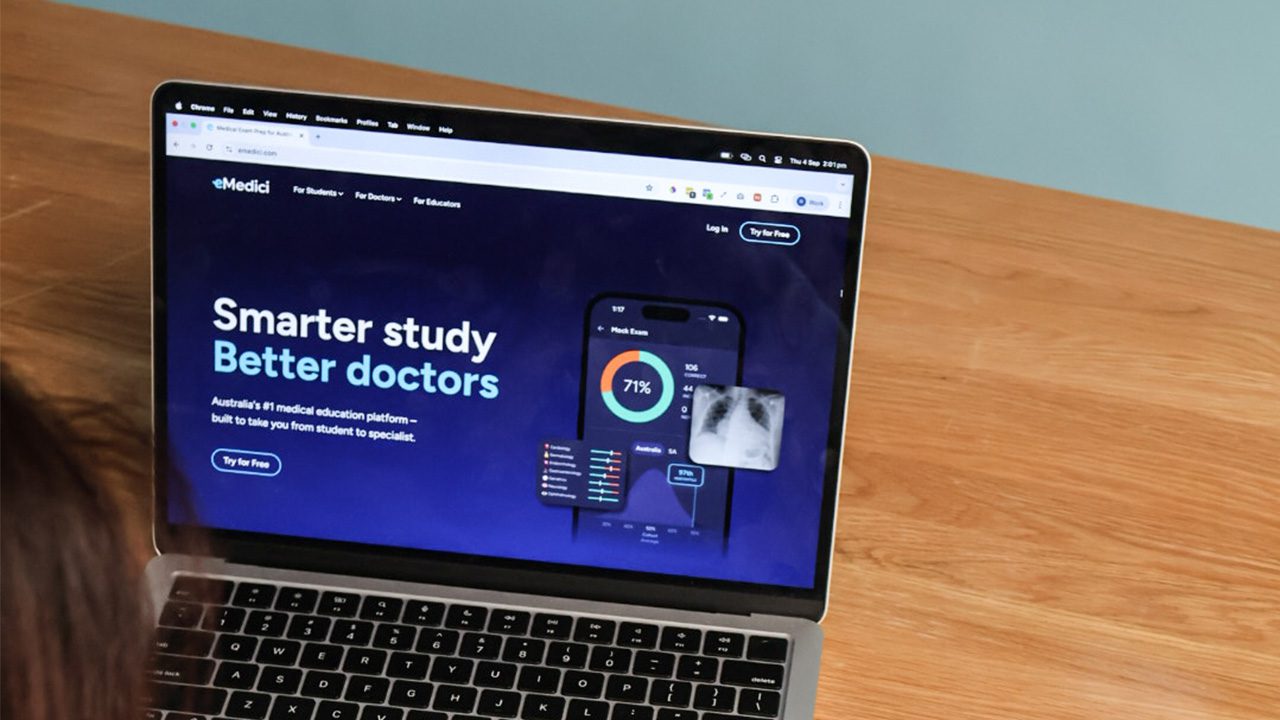A National Crisis: NDIS Fraud Reaches $6 Billion
May 7, 2025
Australia’s Most Vulnerable
The National Disability Insurance Scheme (NDIS) was designed by the Gillard government with an ambitious and noble vision: to provide people with disabilities the support they need to live independent and fulfilling lives. Yet in recent years, a darker reality has emerged alongside this promise—one in which fraud and exploitation have become far too common. In 2024, the Australian Government’s Fraud Fusion Taskforce (FFT) intensified efforts to combat NDIS fraud. Over the past year, the FFT launched more than 500 investigations and referred 50 individuals to court for defrauding the scheme of millions of dollars. These efforts have prevented over $60 million in estimated fraud, with billions in NDIS payments currently under investigation. The Australian Criminal Intelligence Commission estimates that up to $6 billion annually may be misused within the NDIS, including by organised crime syndicates.
While public attention often focuses on the millions lost to fraudulent activity, the true cost is more human than fiscal. It’s the patients, the participants, and their families who bear the brunt—many unaware that the care meant to support them has been compromised until it’s too late. General practitioners and healthcare professionals are not typically the first people who come to mind in conversations about NDIS fraud. They aren’t auditors, compliance officers, or scheme administrators. But they are trusted allies, often with long-standing relationships with patients and families. Their role in noticing, preventing, and supporting the early detection of fraudulent or unethical activity is invaluable, and currently underutilised.
Fraudulence Exposed
NDIS fraud can take many forms. From billing for services that were never delivered, to offering unnecessary interventions, to exploiting participants with cognitive or communication difficulties, fraudulent behaviour often wears the disguise of legitimate care. The scale of this deception can be difficult to detect, even for those involved in daily care. “Gaslighting” is all too common in these spaces—taking our communities most vulnerable and twisting emotional and financial abuse beyond what many can conceive. This is precisely why medical professionals close to patient care have a unique vantage point—and can often serve as a critical line of defence.
The warning signs are often subtle. A GP might notice that a patient’s care team has changed abruptly, or that a caregiver is confused or unsure about services that are supposedly being delivered. In other cases, a provider may be billing for therapies that appear misaligned with the patient’s condition or offer little observable benefit. The family may describe services being received at a higher frequency than clinically indicated, or they may raise concerns about pressure to sign forms or agree to services they don’t fully understand. They may also be confused when they’re told that they ‘don’t know what’s best’—a statement heard all too often in these matters. While none of these things in isolation confirm wrongdoing, they offer an opportunity for clinicians to dig a little deeper and support patients and families in seeking clarity.
To be clear, health professionals and the patient’s health team are not in a position to intervene with the use of funding in other areas. The key is curiosity. Healthcare professionals don’t need to interrogate patients or police care plans. But they do need to create safe spaces for families to voice concerns, and the patient’s care should be reflected on regularly. A simple question about how a new service is going, or whether a caregiver understands a treatment plan, can uncover miscommunications—or something more serious. By remaining engaged in a patient’s broader care context, clinicians can help surface early issues that may otherwise go unaddressed.
Complex Systems at Play
Many families and caregivers are navigating a complex system, often with limited time or experience. They may not realise they are being overcharged or misled until it’s too late. GPs, nurses, and allied health providers are often seen as trusted and neutral parties—making them well placed to offer both reassurance and guidance. Encouraging families to ask questions of their providers, seek second opinions, or keep track of services delivered can empower them to be more active participants in their own or their loved one’s care.
Importantly, healthcare professionals should feel confident encouraging patients and families to report concerns—either informally to a support coordinator, or formally to the NDIS Quality and Safeguards Commission. While making a formal report may feel like a big step, even raising concerns can prompt further investigation or a review of care arrangements. This proactive engagement does not accuse—it protects; at the present, and down the track.
Self-managed Funds at Higher Risk
A crucial aspect of this vigilance involves understanding the administrative structure behind a patient’s NDIS plan. In particular, self-managed NDIS plans can present both empowerment and risk. Self-management allows participants and their families more autonomy and flexibility in choosing providers and managing budgets. But with that flexibility comes responsibility—and unfortunately, greater exposure to fraudulent or unethical activity if checks and balances aren’t in place.
For patients with self-managed plans, routine review and transparency are essential. Healthcare professionals can gently encourage families to regularly review spending against the support plan, confirm that services being invoiced were indeed delivered, and cross-check that providers are delivering value-aligned, evidence-informed care. If families are unsure about how to do this, they should be directed to NDIS resources or advocacy organisations that can support plan navigation and budgeting literacy.
Families managing NDIS budgets directly may also benefit from support in developing clear record-keeping practices. A simple log of services, invoices, provider interactions, and outcomes can be incredibly powerful—both for ongoing care management and if questions arise later. Where appropriate, clinicians might suggest that families consult with financial planners or third-party plan managers to introduce another layer of oversight without removing autonomy.
Ultimately, whether a plan is managed by the NDIA, a registered plan manager, or the participant themselves, the core principle remains the same: the care provided must be in the best interest of the person receiving it. This includes being clinically appropriate, ethically delivered, and financially accountable.
The Responsibility to Speak Up
The consequences of NDIS fraud extend well beyond financial harm. When vulnerable individuals are exploited—through unnecessary or inadequate services—it can cause lasting emotional and physical damage. For families, discovering that a loved one’s care was manipulated or mismanaged can be deeply traumatic. It undermines trust not only in providers, but in the broader healthcare system that is meant to deliver safe, life-changing care. And when fraud preys on those least able to advocate for themselves, it erodes the very foundation of a system built to protect them.
This is why the role of healthcare professionals is not just helpful—it’s essential. GPs and clinicians are often among the few consistent figures in a patient’s care journey. Their ability to recognise inconsistencies, ask the right questions, and guide families toward clarity can be the earliest line of defence against misconduct. They don’t need to be investigators, but their vigilance can trigger action before serious harm occurs.
In the end, this isn’t just about safeguarding budgets. It’s about protecting people, and restoring trust in the ability to access life-changing care for those who need it most.
For more information, to chat to someone regarding suspicious activity, or to report fraud, visit https://www.ndis.gov.au/form/ndia-fraud-reporting-form
Ministers for the Department of Social Services – Media Release https://ministers.dss.gov.au/media-releases/17271












